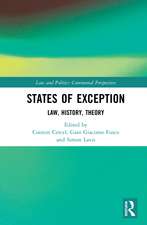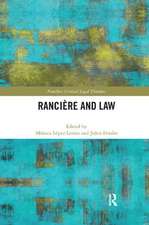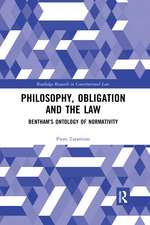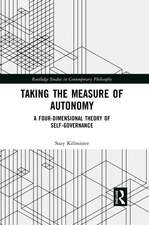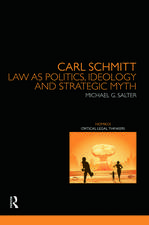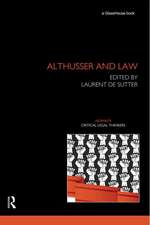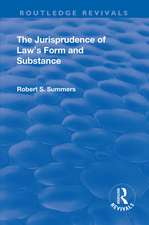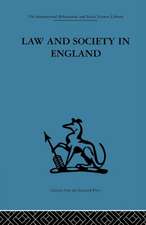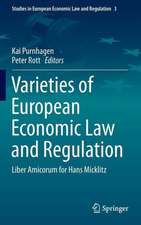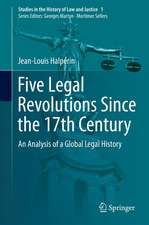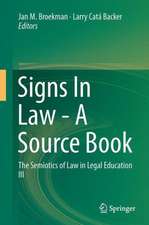Information, Freedom and Property: The Philosophy of Law Meets the Philosophy of Technology
Editat de Mireille Hildebrandt, Bibi van den Bergen Limba Engleză Paperback – 5 feb 2018
| Toate formatele și edițiile | Preț | Express |
|---|---|---|
| Paperback (1) | 384.91 lei 43-57 zile | |
| Taylor & Francis – 5 feb 2018 | 384.91 lei 43-57 zile | |
| Hardback (1) | 1101.36 lei 43-57 zile | |
| Taylor & Francis – 13 iul 2016 | 1101.36 lei 43-57 zile |
Preț: 384.91 lei
Preț vechi: 481.13 lei
-20% Nou
Puncte Express: 577
Preț estimativ în valută:
73.65€ • 77.09$ • 61.30£
73.65€ • 77.09$ • 61.30£
Carte tipărită la comandă
Livrare economică 31 martie-14 aprilie
Preluare comenzi: 021 569.72.76
Specificații
ISBN-13: 9781138481855
ISBN-10: 1138481858
Pagini: 214
Dimensiuni: 156 x 234 x 12 mm
Greutate: 0.45 kg
Ediția:1
Editura: Taylor & Francis
Colecția Routledge
Locul publicării:Oxford, United Kingdom
ISBN-10: 1138481858
Pagini: 214
Dimensiuni: 156 x 234 x 12 mm
Greutate: 0.45 kg
Ediția:1
Editura: Taylor & Francis
Colecția Routledge
Locul publicării:Oxford, United Kingdom
Public țintă
Postgraduate and UndergraduateCuprins
Part I: The Matrix of Information 1. Gary Marx, Genies: Bottled and Unbottled. Some Thoughts Properties of Information 2. Mireille Hildebrandt, Properties and property of information Part II: The Powers of Information 3. Julie Cohen, Between Truth and Power 4. Linnet Taylor, Data subjects or data citizens? Addressing the global regulatory challenge of big data Part III: What freedom of what information? 5. David Koepsell and Philip Serracino Inglott: ICT’s Architecture of Freedom 6. Alexandra Couto, Justice, freedom of expression and copyright Part IV An infra-ethics for an information society? 7. Luciano Floridi, The Design of Infraethics 8. Bibi van den Berg, Coping with information overload and information underload: Hemming in freedom of information through decision support.
Descriere
Bringing together philosophers of law and philosophers of technology, this book addresses the issues that arise in the tension between freedom of and property in information. Addresses business models, government strategies and legal frameworks concerning the collection, organisation and control of data, the book asks whether it is in the very nature of information to be free. Analysing the various political and ethical implications raised by this question – including, for example, open access, the hacker ethos, the market in information, and so on – this book will be of considerable interest to those working on the contemporary dimensions of freedom of information, data protection, and intellectual property rights.

